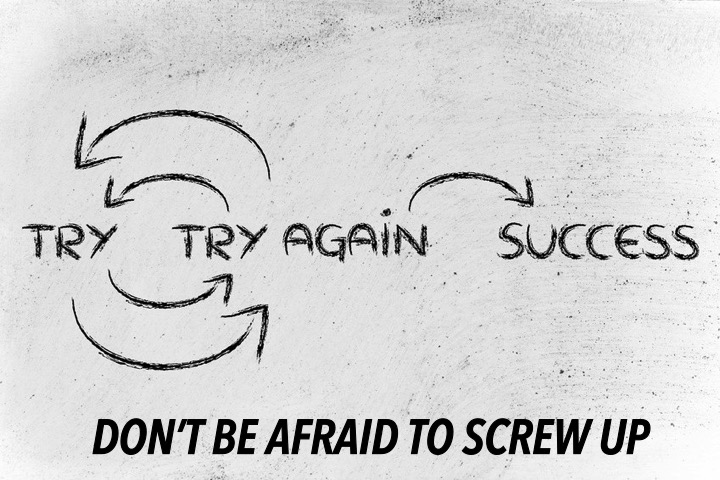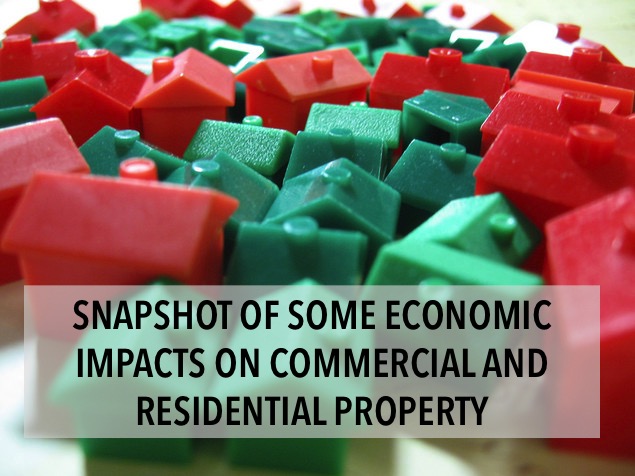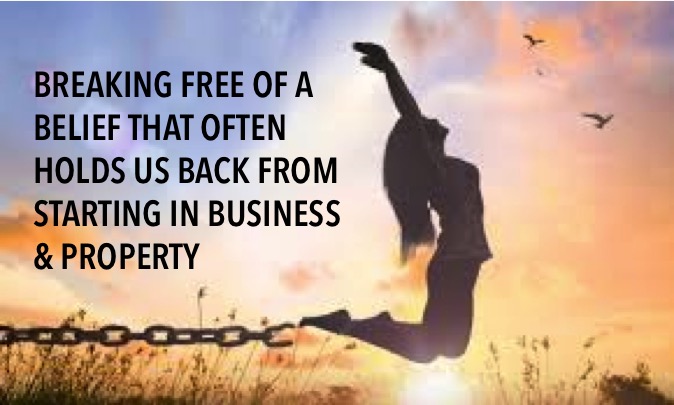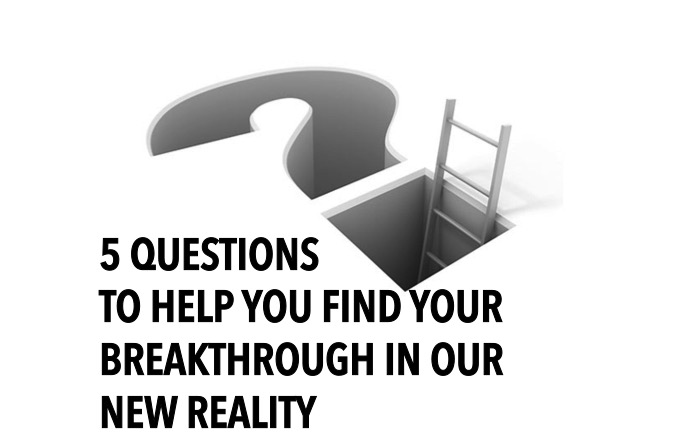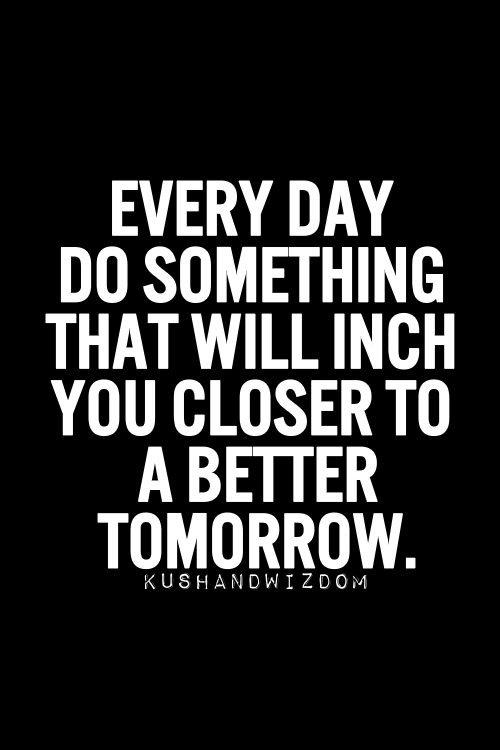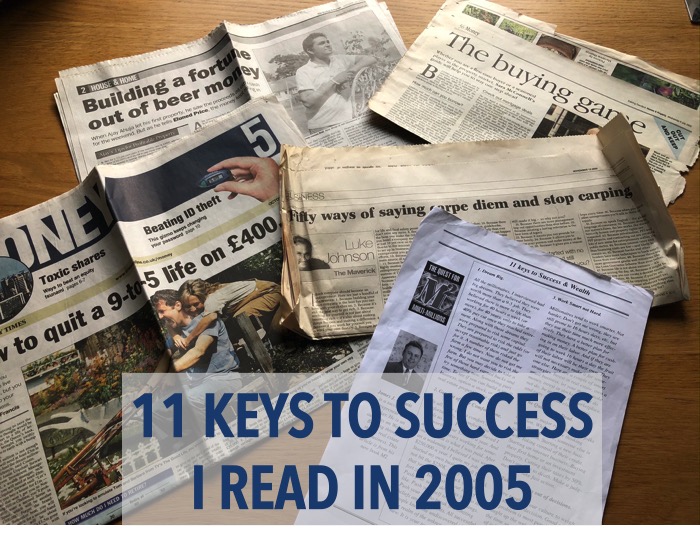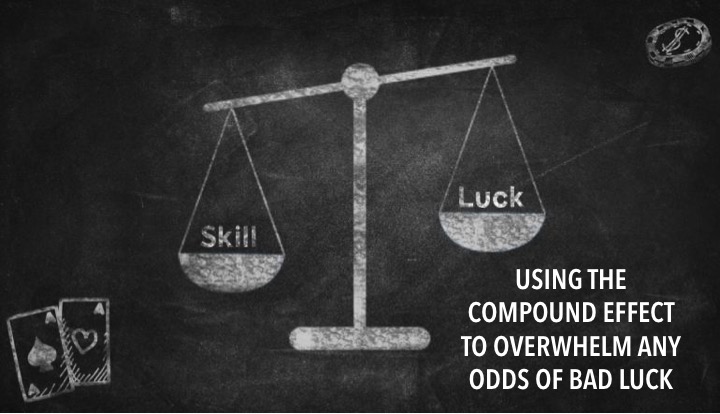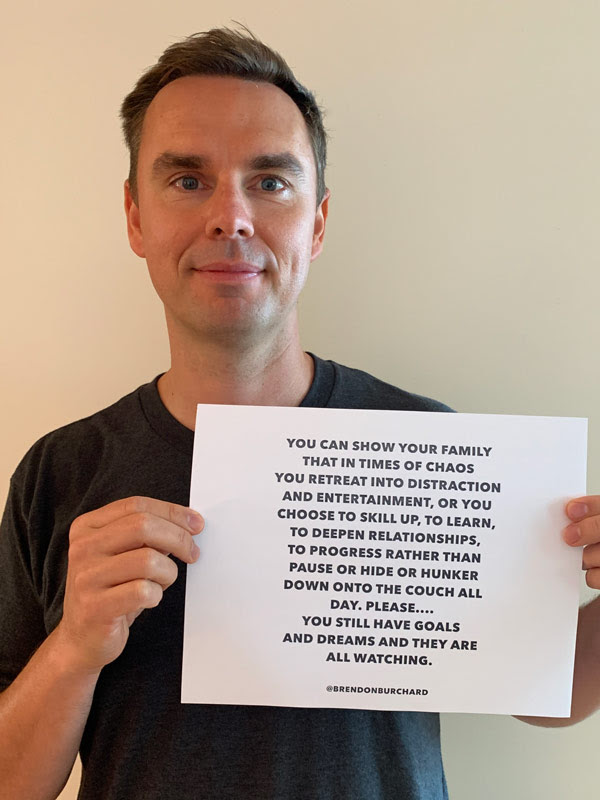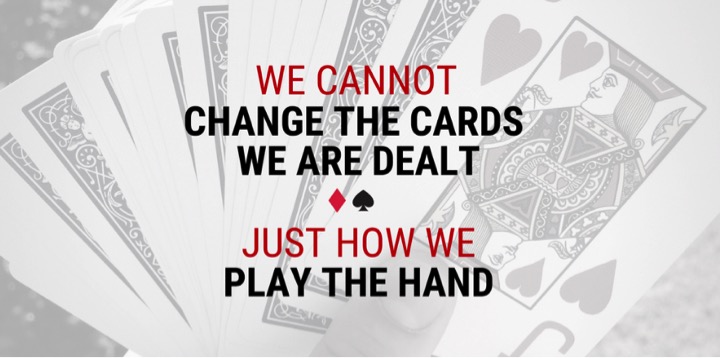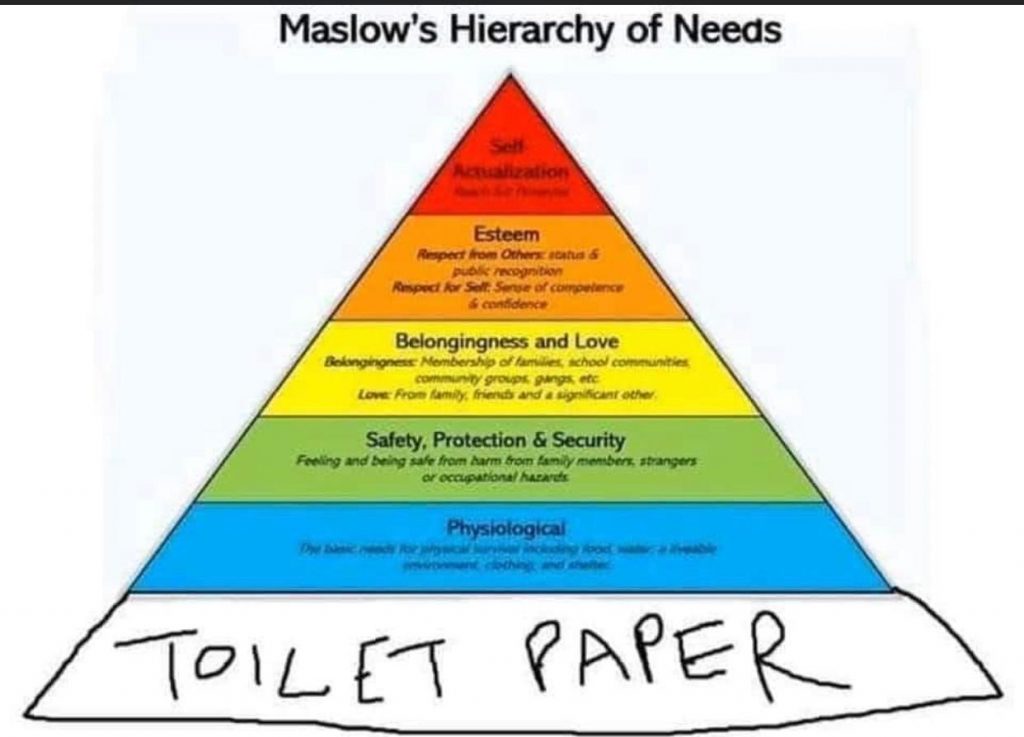This week’s post was inspired by, believe it or not, by a short guided meditation I found on youtube titled, “Have No Fear Of Screwing Up”.
Hearing the words being spoken in the voiceover reminded me of several occasions where my own fear of messing up almost stopped me from doing the thing, but where in hindsight I can see the good and the growth that came from doing that thing in spite of the fear of failure. In particular it brought up memories of starting a software business and of the first approaches I’d made to letting agents when starting out in serviced accommodation.
Everyday brings opportunities for you to course correct and to grow- that is IF you are out there taking action and colliding with the marketplace, stretching yourself, having new conversations and tripping up.
The key message is this – give yourself permission to go screw up, you’ll benefit from it. Now of course I’m not talking about being reckless and ‘screwing up’ when it comes to money decisions or pulling the trigger on a new property deal without thorough diligence. No. I’m referring to all the micro decisions and conversations that have to come before reaching a level of certainty or mastery with something.
If you’re in a situation where you are learning, or doing something for the first time then give yourself permission to make a mistake. In fact, revel in it, celebrate the mistakes that accelerate growth. I know this is difficult for the perfectionists out there, believe me, I’m a recovering perfectionist.
The message in this meditation I referred to serves as a great reminder right now for anyone exploring new avenues to do business as a result of this lockdown. Just a few weeks ago I shared a great brainstorming exercise to help encourage people in property to identify ways to survive and thrive in the new reality. Finding answers to those questions would likely lead you to exploring new revenue streams from potential new problems to solve. However if fear of sounding sounding silly or tripping up stops you from making the call you will never know. For example in the last couple of weeks I’ve found myself opening up new conversations with divisions of our local authority to ask questions I’d never asked before in search of new ways to serve.
I even asked our council about whether we could help in providing storage solutions for certain tenant segments they look after. Fear of picking up the phone and looking daft can prevent productive conversations like this, but it needn’t be that way. Turns out it was a relevant question to ask, just a bit late as the contract had already been awarded to another organisation earlier in the year.
The same sentiment goes for anyone beginning their property investing journey or introducing a new property strategy right now. Embrace the opportunities for learning by making little mistakes today, and going forwards. Be the eternal student. But don’t not take action in favour of protecting the ego.
For those who have kids, or those who are gamers- if you think about how the kids get so good at the games like Fortnite so quickly, it comes about from the rapid feedback loops they get from trying something new, failing, getting back into it and trying again slightly differently. To me it just looks like my kids are frantically tapping the keyboard keys in random order, but the truth is they’ve learned the patterns of what to press and how fast.
Talking of kids, I love that they taught me this acronym for FAIL (and they got it from their primary school).
First
Attempt
In
Learning
What a great reframe, isn’t it?
Entrepreneurs in the US talk about ‘failing fast’ because it leads to finding what works quickly to validate and build out new offerings. It seems logical yet our brains are often stuck in the old school way we were brought up that making mistakes is bad. Now more than ever is a time to make the minor mistakes quickly, to figure out what works now and where you can add value. Of course it needs to be a balance, as Dr John Demartini said, “Growth occurs at the border of support and challenge” – right now in my view that means the challenge of constructive feedback from speaking to the market place and the support of having faith in the process and good people in your corner keeping you accountable.
In conclusion, free yourself to make a mistake, have no fear of screwing up.
So how can you apply this to your own context in the new week ahead?
PS. This post was inspired by a simple 3 minute meditation I discovered on youtube, CLICK HERE if you fancy doing this one.

